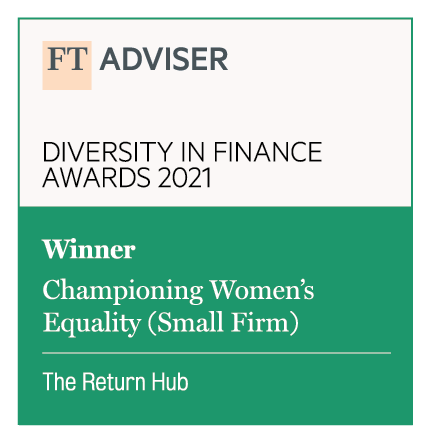
Take a look at this email to a Head of Function sent by one of his direct reports in a large UK corporate. This is a real, albeit anonymised, communication…

When was the last time you blatantly promoted what you do and how well you do it to someone who matters in your organisation? The email above was instigated by John not because David asked him to report back but because John knows how critical it is for both him and his team to be recognised in order to be valued. Take a look again at the wording of the email. It is absolutely to the point and it makes no apologies. It seems to neatly tread the fine line between arrogance and confidence (note the request to “keep our seat at the table” which seems to be an emotionally astute nod to David’s power in this). It also subtly refers to “we” as well as “I”.
I share this email because I think it is an eloquent example of professional self-promotion. Many of the talented women I coach believe that doing a great job, keeping their head down, delivering their objectives will be enough to ensure recognition in the form of pay and career progression. The curious thing is that often things don’t quite work out like this, leaving the individual frustrated and demotivated: Why am I being over-looked? I’ve worked just as hard, maybe harder, than others. This is grossly unfair.
Harvey Coleman, in his 1996 book, “Empowering Yourself, The Organizational Game Revealed” makes a very strong case for thinking about the factors that lead to career progression in a counterintuitive way. His research showed that getting ahead in a professional environment is primarily based on three key elements:
Most of us would recognise performance and image as being key elements to success – and they are essential of course. But here we come to the nub of the issue around career progression, because the unsettling aspect of Coleman’s research lies in the relative importance of these three factors. They are far from equal as Coleman’s PIE chart below shows.

Source: Coleman, Harvey, “Empowering Yourself: The Organizational Game Revealed”, 2010, AuthorHouseThis implies that working hard to deliver great results is essential but not enough on its own if you want to get ahead. Exposure is the critical element that determines who will and won’t get ahead. A little depressing to say the least.
Why do women shy away from “exposure”?
In her book “Lean In” Sheryl Sandberg cites two reasons I observe being played out by many of the coachees I work with:
Changing your behaviour
So where do you start if you want to increase your exposure at work? Many people worry that by self-promoting they will be accused of “showing off”. Rest assured that if you are currently doing very little in the way of self-promotion a few subtle shifts in behaviour are unlikely to end up with people wishing you’d wind your neck in!
Firstly, draw your own pie chart with the three elements – what does it look like in terms of time and effort spent on performance, image and exposure? How would you like it to look? What would be a reasonable target to set yourself?
Practically speaking this could mean, for example:
It is more than 20 years since Coleman first published his research and I still see his findings being proven time and time again. As unfair, depressing or wrong as this may seem it is so often the reality of how organisations and people within them function. And you have a choice as to whether or not you play these unspoken rules of the game.
Sources
Coleman, Harvey, “Empowering Yourself: The Organizational Game Revealed”, 2010, AuthorHouse
Sandberg, Sheryl, “Lean In: Women, Work and the Will to Lead”, 2015, WH Allen
This article was written by Executive Coach Helen Cowan, Founder of The Tall Wall, WWW.TheTallWall.com

